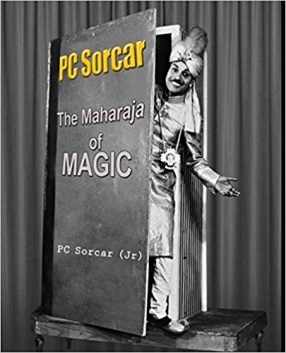
Drama

Showing all 22 books

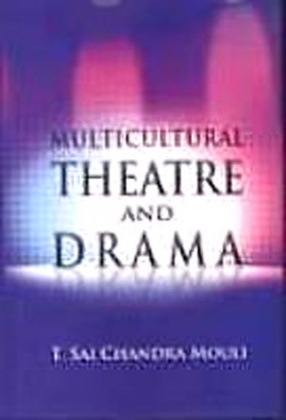
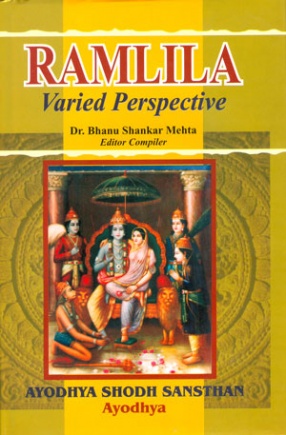
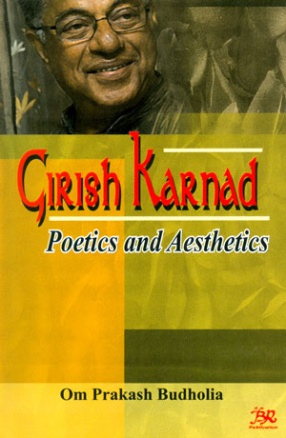
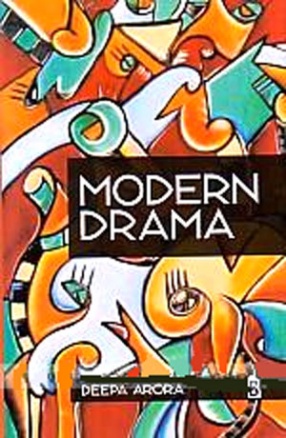
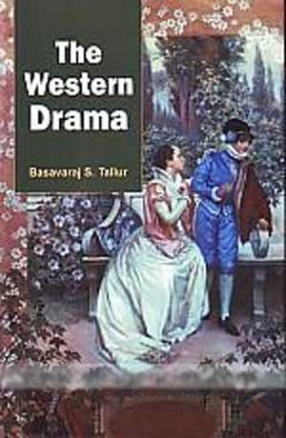
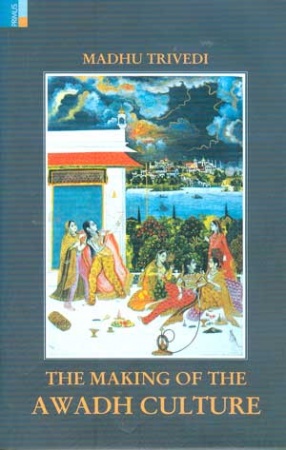
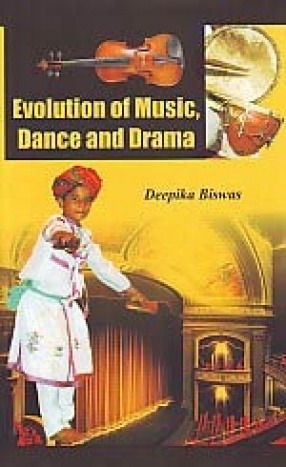
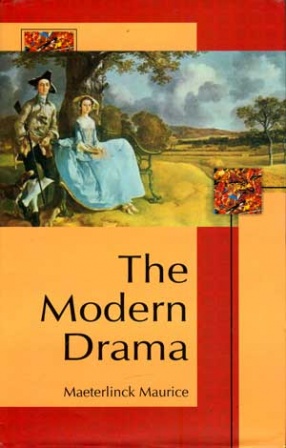
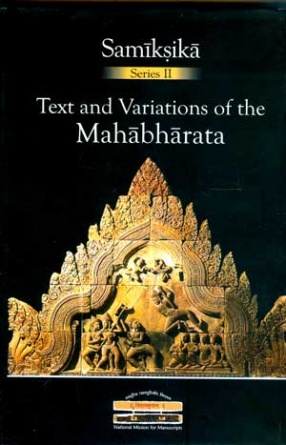
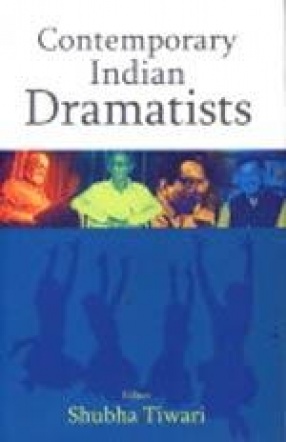
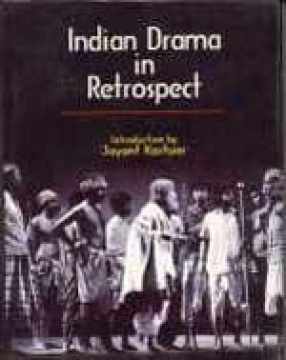

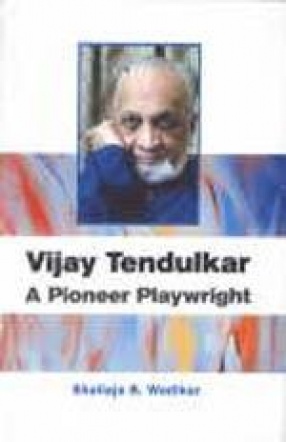

P.C. Sorcar is one of the greatest magicians of the twentieth century. He single-handedly revived a languishing Indian art and brought it to the world stage. This book is a pictorial account of his metamorphosis into the Maharaja of Magic from very humble beginnings. Written by his son, who was once his apprentice and now carrying on the proud tradition, this is a deeply personal view of the life and times of a towering figure. Photographs culled from various ...
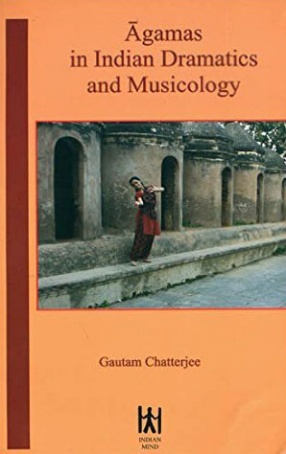
In the ancient lexicons of Vedic and classical periods, the influence of gama has been parliamentary and pivotal. NÈ yaveda by seer Bharata is a magnum opus dates back to 5th century B.C. The other important works in musicology such as Brihaddeshi, Abhinavabharati and Sangitaratnakara are from post-Vedic and mediaeval periods, distinguishly composed by the great Saivite polymaths. Thus the streams of gama consciousness and the works of Indian art and ...

Multiculturalism has travelled far away, alluringly from the original concept of limited application and reference to the creative work of the Afro-American writers in USA. India is in the forefront of offering multicultural literature not only on account of her hoary past, but by the indomitable spirit of her resilience, her ability to absorb and radiate salient features of all cultures, and faiths so firmly fused and splendidly harmonised. Very rarely found ...

Ramlila is the oldest traditional theatre of India which formed Near about 500 years ago. UNESCO declared is as a Intangible heritage in 2005.
Ramlila is introduced as a course study in many foreign universities. This book Ramlila: Varied Perspective under the editorship of Dr. Bhanu Shankar Mehta in which the top most Theatre persons, critics and well known authors contributed essays on Ramlila not only from India but throughout all over the world.
This is the ...

This book, apart the inclusion of Introduction, consists of four chapters and total nine subtitles out of the four core chapters. Girish Karnad as a playwright envisages the dramatics and theatrics of Natyasdstra by which he makes an application to the theatrics of poetics and aesthetics. The suggestive pattern as the tranperlnalization and universalization of the emotional response and social values give birth to an emotional intensity for the realization of the ...

Our human life is a strange Drama with Complex characters, myriad acts and innumerable incidents which emit fresh aroma from time to time. Indian contributed a lot to the development of World Drama and Indian Dramatists excelld in Writing plays based on social, mythical, historical, Spiritual and psychological issues. Our long association with Mahesh Dattani and after serious readings of the plays of Girish Karnard, Manjula Padmanabhan, Maha Swetha Devi, ...

Modern Drama was founded in 1958 and is the most prominent journal in English to focus on dramatic literature. The terms "modern" and "drama" are the subject of continuing and fruitful debate, but the journal has been distinguished by the excellence of its close readings of both canonical and lesser-known dramatic texts from a range of methodological perspectives.This book, above all, discusses the modern drama, operating through the double ...


This book makes an extensive study of the art and culture of Awadh during the Nawabi period (c.1722-1856), with a focus on the city of Lucknow, Its strength lies in Its profound deployment of evidence scattered in a variety of primary and secondary sources, especially in the Persian and Urdu languages, in its study of Visuals and artifacts, as well as of the performance traditions and craft techniques which are derived from the period. It also discusses how under ...

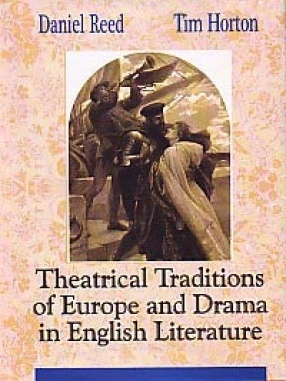


When I speak of the modern drama, it must be well understood that I refer only to what is actually happening in those regions of dramatic literature which truly are new, for all that they may be, as yet, but sparsely inhabited. Lower down, in the ordinary theatre, it may well be that the ordinary and traditional drama is in its turn undergoing, be it ever so slowly, the influence of the theatre of the advance-guard; but it were useless to wait for the laggards ...
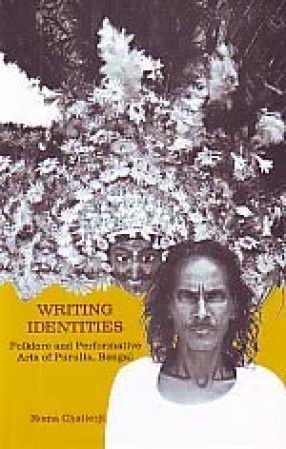

The National Mission for Manuscripts was established in February 2003 by the Government of India with Indira Gandhi National Centre for Arts (IGNCA) as the nodal agency. At present it is a part of IGNCA.Its purpose is to locate, document, preserve and disseminate the knowledge content of Indian manuscripts. The Mission, through it nation-wide network and documentation efforts, is engaged in preserving and rendering accessible India's textual heritage, seeking ...

The book is a commentary on Indian dramatic theory and some selected contemporary Indian plays. Drama is an active literary art form. Although films and television have become very vital in our times, still direct experience of the theatre cannot be replaced. The book provides general commentary on plays by Karnad, Tendulkar, and Ezekiel. The reader is expected to get an insight into Bharat Muni's views on the art of drama as well as some very popular plays of ...
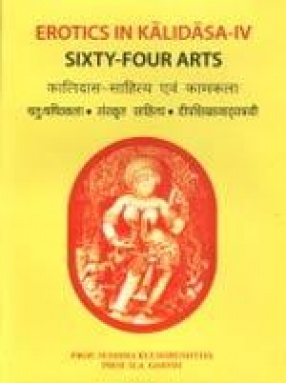
Under the series Erotics in Kalidasa will be presented the first ever study of the seven world-famous works of Dipasikha-Kalidasa with reference to Erotics in ten volumes. The present is the fourth volume entitled 'Sixty-Four Arts in Sanskrit Literature and Dramas of Kalidasa'. This volume comprises the novel and the first ever study of the Sixty-four arts in the history of literary criticism and critical works in India and abroad accomplished with reference to ...
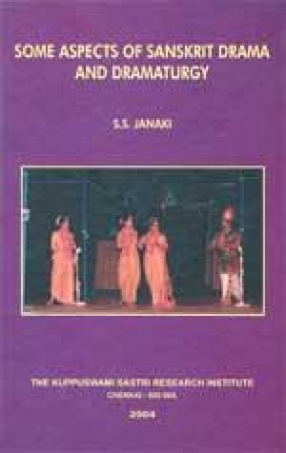
I deem it an honour in writing the Preface to this book “Some Aspects of Sanskrit Drama and Dramaturgy†which consists of twenty valuable research articles on the subject by Dr. S.S. Janaki. Most of the articles have been published in various reputed research journals of the world. I had come to know that great personality, Dr. S.S. Janaki from 1988 when I jouind the K.S.R. Institute and started working under her. My colleagues were ...

Indian Drama in Retrospect offers a sweeping survey of theatre in most of the states of India, presented by front-ranking figures in the early phase of post-independence theatre. The contributors capture for us the discourse of the day pertaining to theatre in their regions and languages, which is further underscored by the discussions which follow the papers. There are twenty-one papers here representing as many States of India, offering a fund of authentic ...

Satish Alekar has written, acted in, directed, and produced some of the most influential and progressive plays of post-independence India, and is part of the trinity, with Vijay Tendulkar and Mahesh Elkunchwar, that has shaped modern Marathi theatre. Alekar locates himself firmly in the performance rather than literary tradition, and is recognized internationally for his ability to use the stage to portray the many deceptions and fallacies of Indian society. His ...

Vijay Tendulkar: A Pioneer Playwright speaks volumes of this veteran Indian playwright of international repute. It delves deep into the problematic nature of his plays and brings out their salient aspects in areas like socio-cultural, psychological, existential, feminist, etc. Realism of all sorts in Tendulkar's plays forms the core of this investigative work. The inferences drawn entitle Tendulkar to being called one of the pioneers of New Drama in the ...
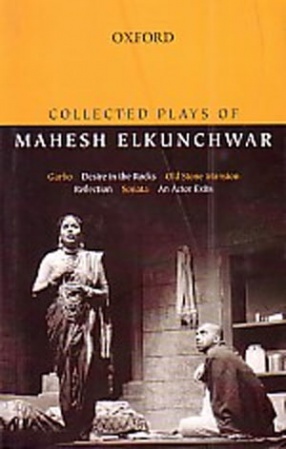
Mahesh Elkunchwar has written and produced some of the most influential and progressive plays of post-independence India, and is part of the trilogy, with Vijay Tendulkar and Satish Alekar, who have shaped modern Marathi theatre. Elkunchwar's plays, with their wide-ranging themes--the passage of time and mortality, identity and sexuality, religious tension and gender issues, human bonding and alienation--focus on human relationships and personal and moral ...
